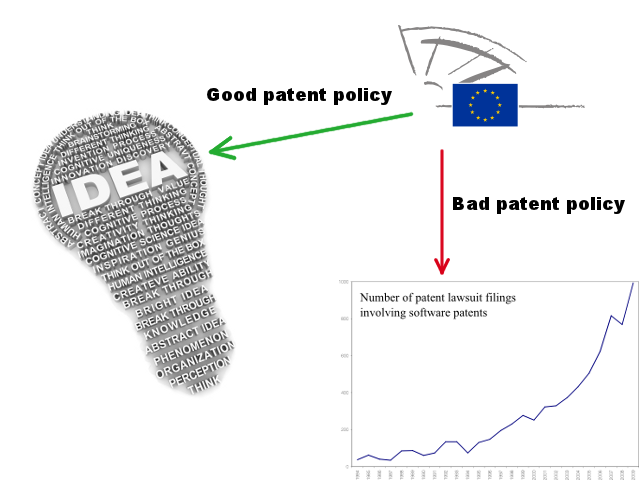
Are These the Reasons Bad Patents Get Approved?
Everyone in the patent world talks about “bad patents.” Leaving out the myriad definitions for that term, it is more unusual to see a commentary from outside of traditional legal circles. Now, a report from the prestigious Brookings Institution offers some comments on that question.
Unfortunately, they are “soft” observations, made mostly on the opinion of the authors, but nonetheless provide some interesting food for thought. According to the authors, law professors Michael Frakes and Melissa Wasserman, there are three reasons that “bad” patents are frequently granted:
- Because the United States Patent and Trademark Office (USPTO) is funded by fees, the agency gets more fees if it approves an application, both in the form of issuance fees and eventual maintenance fees, and therefore faces a built-in conflict of interest in approvals.
- Unlimited opportunities to refile rejected applications, through the Request for Continued Examination process, means sometimes granting a patent is the only way to get rid of a persistent applicant. Or at least, it gives applicants too many opportunities to “tweak” an application to suit the Examiner.
- Patent examiners are given less time to review patent applications as they gain seniority, leading to less thorough reviews. Those with the most expertise in evaluation patent applications are given the least amount of time to do.
I have nothing more than nearly twenty years of practice to draw on for my opinions, but there is some merit here. In reviewing patents that I thought were “bad,” it is uncanny how often they have had long and tortured paths through the patent office, usually marked by repeated amendments and RCE’s. Also, as to the last point, I have been surprised in Examiner conferences at how often the “Senior Examiner,” supposedly overseeing the junior’s work, displays a very limited knowledge of the application.
Frakes and Wasserman’s recommendations are less controversial though, and it seems hard to disagree with any: Make the patent office less dependent on fees, limit RCE practice, and give senior examiners more time to do their jobs.
